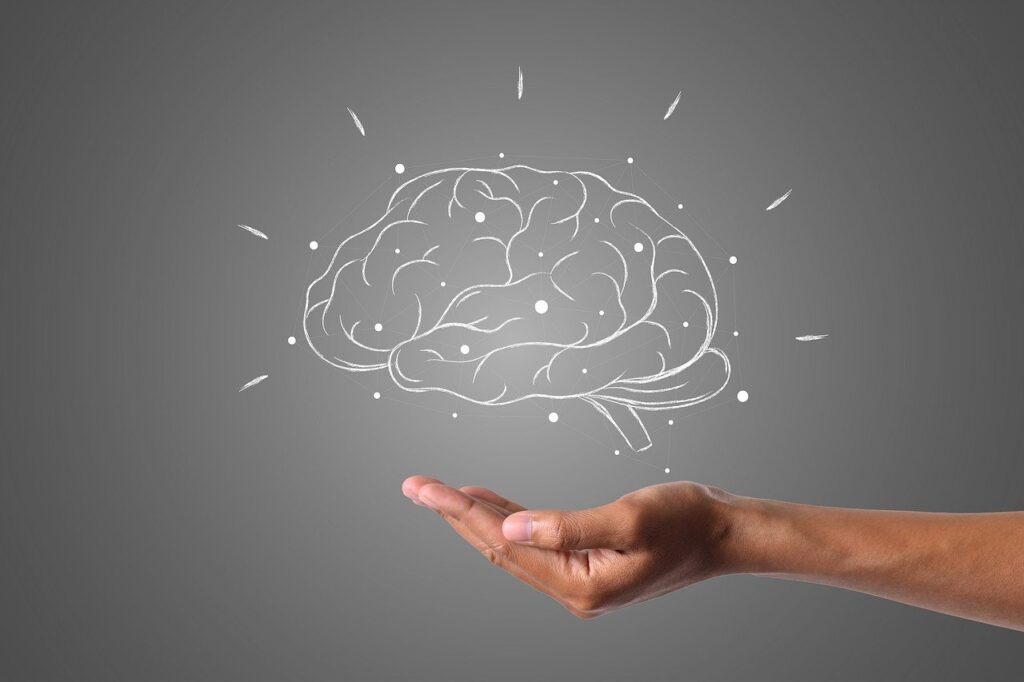The Ethics of Bio Hacking
Humanity now has the power to modify our biology in ways previously only imagined in science fiction films, thanks to the fast advancement of technology. This unprecedented capacity presents serious ethical concerns, notably about the effects of bio hacking on future generations.
Biohacking is one of the most promising new technologies with the potential to change the human experience. Few other technologies have the same potential for change as biohacking.
When we speak about biohacking, we’re talking about using technology to change or better our own biology. This practice can fundamentally alter how we live and interact with the rest of the world.
Biohacking, for example, might give us more control over our own bodies, including our health and beauty. Furthermore, biohacking may allow us to improve our cognitive capacities or perhaps get superhuman strength. As you can see, the possibilities for biohacking are almost unlimited.

With such enormous potential comes enormous responsibility. As we begin to dabble with biohacking, we must evaluate the ethical ramifications of our activities. One big issue is that bio hacking would expand the wealth divide since those who can afford to modify their bodies will have a considerable edge over those who cannot.
Furthermore, there is a potential that bio hacking will be utilized to unjustly alter or control populations.
Nutrigenomics
Nutrigenomics is a sort of bio hacking that is gaining popularity. Because the area of nutrigenomics (or nutritional genomics) is still in its early stages, the ethical implications of this branch of research are currently being investigated. It is the study of how nutrients interact with our genes to affect our health. This field of study has the potential to change the way we think about nutrition and illness prevention. Understanding how particular foods alter gene expression, for example, may allow us to design tailored nutritional therapy for a number of illnesses (1).
However, there are certain worries concerning nutrigenomics’ ethical implications. One concern is that this information may be used to unethically alter people’s diets. Companies, for example, may utilize nutrigenomic data to develop ‘customized’ meals that are tailored to exploit an individual’s genetic weaknesses. This might lead to a scenario in which individuals consume items that they are unaware are damaging to their health. Breakfast cereal fortification with folic acid is one example. This is advantageous to certain members of the population. However, it may conceal Vitamin B12 insufficiency, which can impair cognition in people who are deficient (2).
Another ethical problem is that nutrigenomic data might be used to discriminate against individuals based on their genes. Insurance firms, for example, may use this knowledge to refuse insurance coverage to persons who are predisposed to specific disorders (3). Employers might potentially utilize nutrigenomic data to weed out individuals who are more likely to get ill or have genetic problems, requiring time off work (4).
The ethical aspects of nutrigenomics are currently being investigated. However, while addressing the possible applications of this field of research, it is critical to keep these difficulties in mind.
Nootropics
Let us now look at another area of bio hacking: nootropics. Nootropics have grown in popularity as a technique for improving cognitive performance in recent years. These medications, sometimes known as “smart drugs,” may assist in boosting attention, memory, and problem-solving ability. However, the ethics of using nootropics are often questioned.
Some claim that using these drugs constitutes cheating since it offers users an unfair edge over those who do not use them. Others claim that nootropics are merely tools that may be utilized to level the playing field, giving all people an equal chance to achieve. One of the reasons cognitive augmentation is so contentious is because it alters how the body functions.
Persons have historically been more inclined to support medication usage for symptom management than cognitive improvement in healthy people (5). However, one may argue that prevention is preferable to treatment. Isn’t it a legitimate argument to use nootropics or herbal supplements to prevent sickness and keep people healthy for longer?
Nootropics are often used to improve focus and relieve tiredness (6). Caffeine is one of the most often consumed chemicals by many individuals on a regular basis. A nice strong cup of Joe is often utilized by the general people to keep them going either at work or play.
Students are notorious for working late into the night to meet a deadline, turn in an assignment, or study for a test. To stay awake and attentive, these students often go for a strong coffee, a can of Red Bull, or other so-called energy beverages. Is that moral? I doubt many people are concerned about the ethics of this.
However, when students use nootropics to improve cognition and performance, it may be claimed that they gain an unfair edge over their classmates. Is this the same as the ethical difficulties surrounding drug-induced greater athletic performance? (7)
You’re surely aware that doctors and nurses work long hours, frequently without a break. These professionals look after us, although they often work double shifts or do surgery that lasts eight or more hours; surgery that saves the patient’s life. But do we ever wonder how that doctor manages to focus or do such intricate operations for so long? Many medical staff depend on nootropics to stay focused, avoid weariness, and avoid making bad or rash judgments (8). Is this ethical if the end goal is to assist others?
As we embark on this brave new world of self-directed development, it is vital that we assess the hazards and retain our basic principles of equality and social justice. We can only expect to grasp the immense promise of biohacking without losing sight of our humanity if we approach it with caution and care.
- Nutrigenomics research: a review https://www.ncbi.nlm.nih.gov/pmc/articles/PMC3602567/
- Nutrigenomics and Personalized Diets: What Will They Mean for Food? https://www.ncbi.nlm.nih.gov/pmc/articles/PMC4414021/
- Genetic Discrimination in Health Insurance: Current Legal Protections and Industry Practices https://journals.sagepub.com/doi/pdf/10.5034/inquiryjrnl_44.3.350
- Legislative Summary of Bill S-201: An Act to prohibit and prevent genetic discrimination https://lop.parl.ca/sites/PublicWebsite/default/en_CA/ResearchPublications/LegislativeSummaries/421S201E
- Human Enhancement https://www.pewresearch.org/science/2016/07/26/human-enhancement-the-scientific-and-ethical-dimensions-of-striving-for-perfection/
- Establishing Natural Nootropics: Recent Molecular Enhancement Influenced by Natural Nootropic https://www.ncbi.nlm.nih.gov/pmc/articles/PMC5021479/
- Smart drugs for cognitive enhancement: ethical and pragmatic considerations in the era of cosmetic neurology http://citeseerx.ist.psu.edu/viewdoc/download?doi=10.1.1.881.3715&rep=rep1&type=pdf
- The ethics of smart drugs https://www.cam.ac.uk/research/discussion/the-ethics-of-smart-drugs
The post Implications and Ethics of Bio Hacking on Future Generations appeared first on https://gqcentral.co.uk
The post Implications and Ethics of Bio Hacking on Future Generations appeared first on https://www.intrepid21.com





